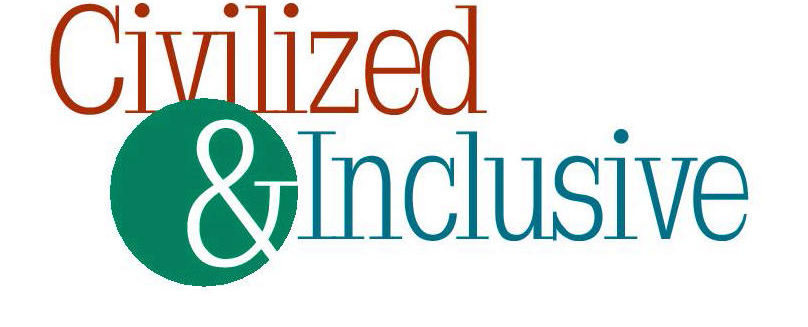The three main emphases of this book are ‘Clean Agriculture’, ‘Renewable Energy Infrastructure’, and ‘Non-Military /Interventionist Foreign Policy’. As briefly touched on in the preface, these emphases reflect the three basic needs of humans at a personal level, and on a societal level. Humans need to eat, stay warm, and because we are a social animal, we need to get along with others. It is no different at the national level. We must have an agricultural policy, an energy policy, and a foreign policy. These three emphases are basic to what our society must do to thrive at home and to get along in the world of other nations.
I will be discussing these subjects as national models. Too much of what passes for political dialogue today is simply arguing about the details of an already given way of doing something. We should instead be weighing the pro’s and con’s of different national models of action and behavior which we as a society as a whole wish to pursue. That, of course, would entail people actually knowing something about what we are doing, being disposed to learning, and having conversations about the best ways to proceed taking all of our citizens into account.
I am assuming that ‘national models’ are the correct level for political dialogue. The details will flow from them. I am also assuming that if you can show historically that a current model doesn’t work, you don’t have to have an alternative in place in order to stop doing it. Because it is causing harm, you can just stop doing it. What do I mean by this?
For example, two of my ’emphases’, agriculture and foreign policy, are political, or societal choices. The kind of agriculture (petro-chemical/industrial) and foreign policy (military/interventionist) models that this country employs have only been around for about 50 years. In a sense, we chose them even though they may now seem a natural given. In later chapters I go into how both of these models have wrecked havoc on us, and to a large degree, on the rest of the world. An assumption I make is that if I show that these models don’t work, that they cause more harm than good, then I am assuming I can simply say that we should stop following these models. After all, we as a species have been doing agriculture for some 10,000 years, and we as a country have had a foreign policy for 200 years, so there are many models to choose from that are prior to what we are doing today. There are also many current competing alternatives that are forward looking, that are even better than what was in place 50 years ago, that we could employ. So, I am making the assumption that because these current models are bad for ourselves and the world, we should stop doing them now, and substitute models which enhance our well being.
My third emphasis, ‘Renewable Energy Infrastructure’, is more a result of a transition than a choice. Energy based on wood transitioned into coal. Coal-based energy transitioned into petroleum and gas. But now that we know the ecological and environmental damage created by a petroleum- and gas-based energy system, and now that we know that the technology exists to convert to a hydrogen-based energy system, we can as a society make a political choice to transition to that next system now.
So I am assuming that humans and societies need to eat, stay warm and get along. I am also assuming that in order to stop doing something that is harmful, I need not have an alternative action or model in mind. We have been, and will continue to, live. I am also assuming that national ‘models’ are the correct level for political dialogue. And I am assuming that dialogue can be civilized and inclusive.
I am assuming that my three basic emphases are correct and that all other models will flow from these most basic human needs. I am also assuming that if we get these basic models working correctly, we will have set the tone and tenor of how we will treat all the citizens of our society. Because I am assuming that we are a society, and that if we are a society we are all in it together, we all need to be taken into account when deciding how we will proceed. Kind of like ‘civilized and inclusive’.
